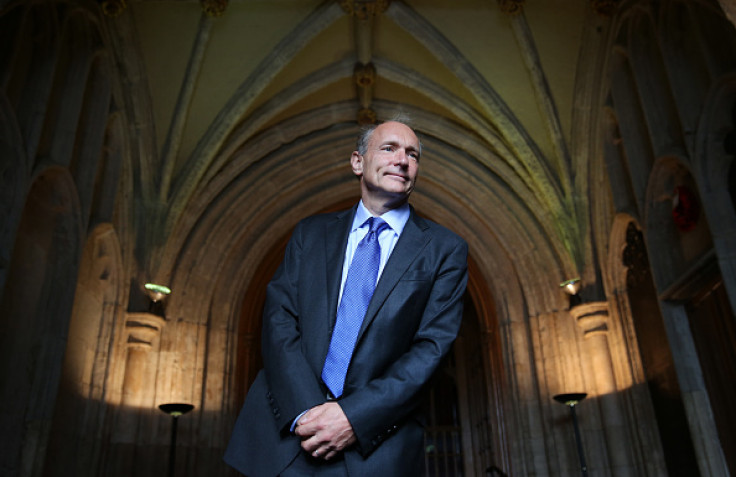World Wide Web Inventor Tim Berners-Lee Warns of Threat to Internet

Tim Berners-Lee, the British inventor behind the World Wide Web, has called for a bill of rights to ensure the Internet remains independent and does not infringe on users' privacy.
If a company can control your access to the internet, if they can control which websites they go to, then they have tremendous control over your life. If a Government can block you going to, for example, the opposition's political pages, then they can give you a blinkered view of reality to keep themselves in power. Suddenly the power to abuse the open internet has become so tempting both for government and big companies.
Berners-Lee issued a warning at the London "Web We Want" festival, a gathering to bring together minds to explore possible threats to the Internet and possible solutions, on Saturday (27 September):
"If a company can control your access to the internet, if they can control which websites they go to, then they have tremendous control over your life. If a Government can block you going to, for example, the opposition's political pages, then they can give you a blinkered view of reality to keep themselves in power.
"Suddenly the power to abuse the open internet has become so tempting both for government and big companies."
Berners-Lee, 59, also known as "TimBL", is a computer scientist and the director of the World Wide Web Consortium (W3C).
He is seeking an internet version of the "Magna Carta", which was a 13th century English charter for guaranteeing basic freedoms and rights.
"There have been lots of times that it has been abused, so now the Magna Carta is about saying... I want a web where I'm not spied on, where there's no censorship," said Berners-Lee before clarifying, "Now some things are of course just illegal, child pornography, fraud, telling someone how to rob a bank, that's illegal before the web and it's illegal after the web."
Since former US Intelligence officer Edward Snowden's leaked documents revealed various government global surveillance programs monitoring online activity, Internet privacy and freedom have once again become topics of debate.
.
© Copyright IBTimes 2024. All rights reserved.






